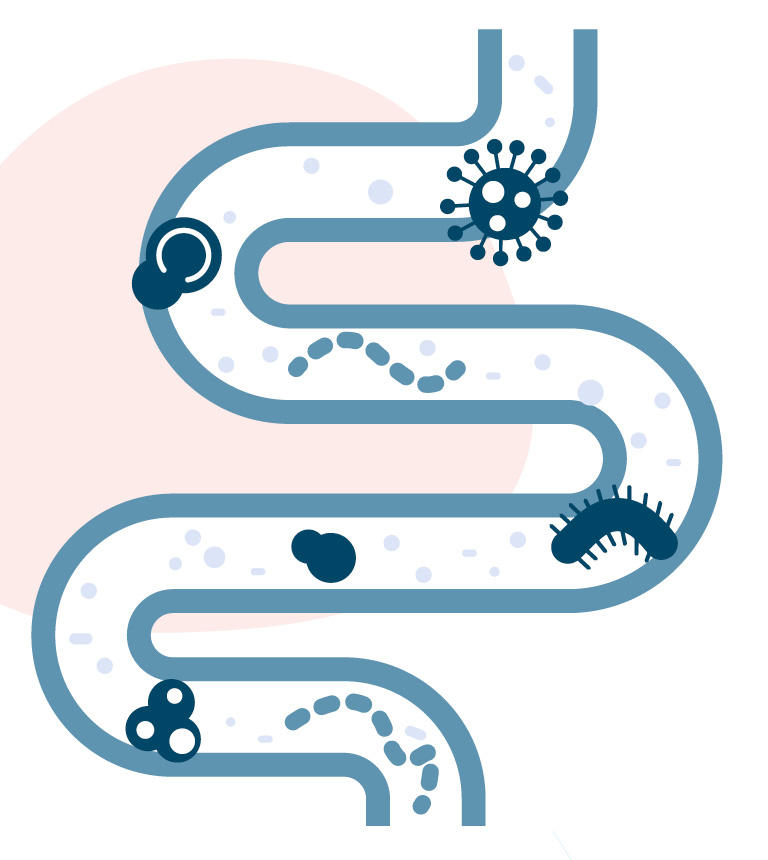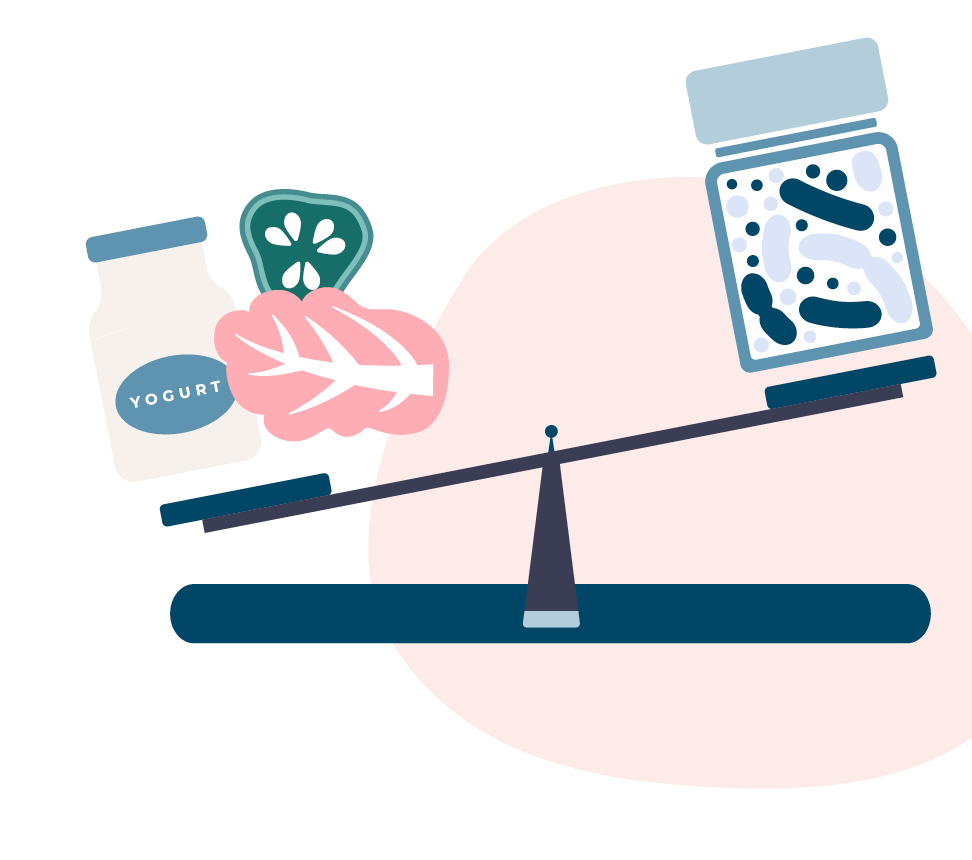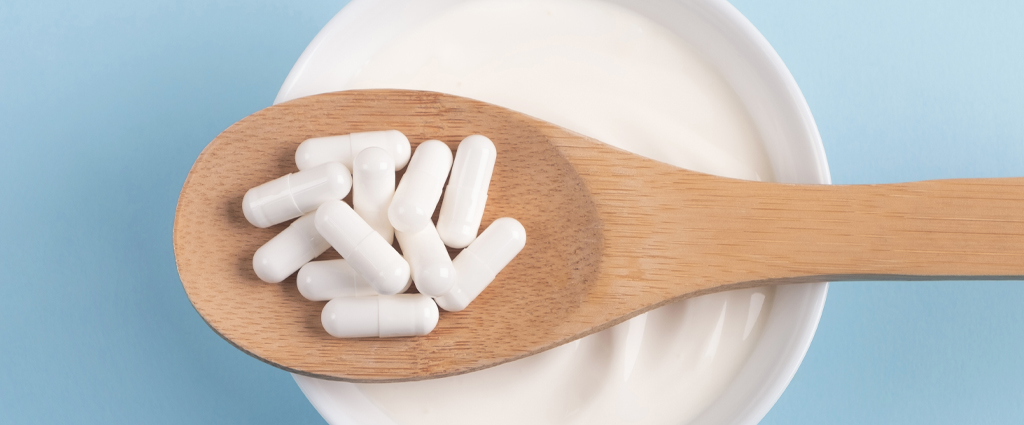You may not spend much time thinking about your gut health on a daily basis, but your gut, or gastrointestinal tract, is the reason you’re able to enjoy some of the best parts of life, like drinking a glass (or two) of Merlot and savoring a perfectly cooked filet.
Often referred to as the body’s “second brain,” the term “gut” is a bit of a misnomer—it doesn’t solely refer to the stomach, but instead encompasses the mouth, throat, esophagus, stomach, small and large intestines, rectum and anus. Its work begins the moment you bring fork to lips, extracting the nutrients and water from food you need to stay healthy, and expelling the rest.
“Every millimeter of your GI tract, or your gut, comes into contact with everything that comes in, whether that’s food, beverages or medications,” says Minnesota-based nutritionist Emma Harvie. “Your gut is actually the most sensitive organ in the body.”
Follow our blog series as we explore how gut health impacts overall wellness and the role probiotics play in keeping us balanced.







Share this Post